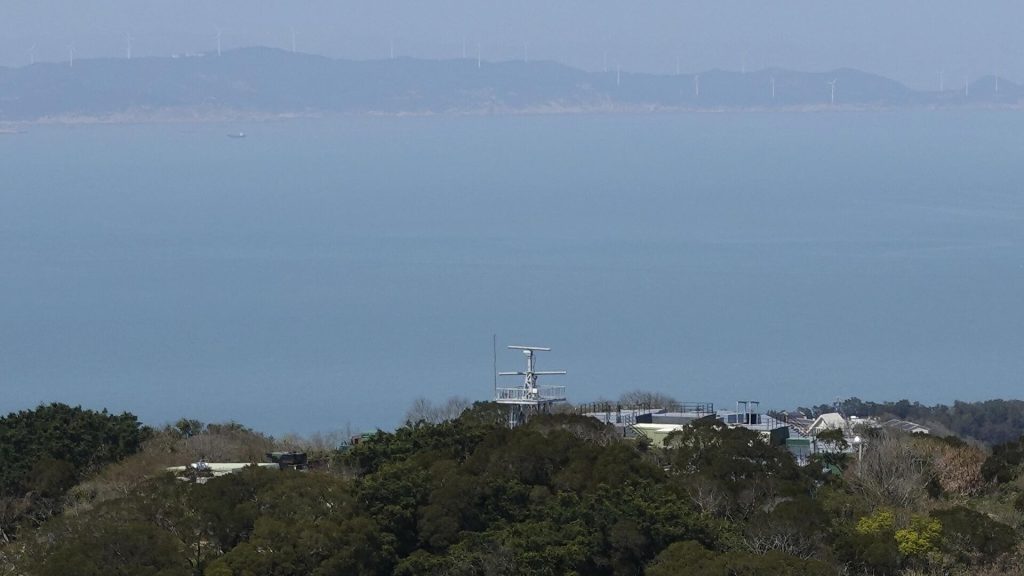The condition in the Taiwan Strait is steady, but issues persist concerning separatist actions and outside involvement, said Chinese Foreign Minister Wang Yi.
⠀
“The situation in the Taiwan Strait is currently generally stable, but there are also serious challenges. Among them, the greatest problems are related to the separatist activities of pro-Taiwan independence forces, as well as the interference of external forces,” Wang Yi said in an interview with the Qatari newspaper Peninsula , the text of which was published on the website of the Chinese Foreign Ministry on Friday.
⠀
He added thatif we want to maintain peace in the Taiwan Strait, it is necessary to firmly oppose Taiwan’s independence.”
⠀
“Some countries have repeatedly called for maintaining peace and stability in the Taiwan Strait region, but behind their backs they have been increasing the supply of weapons and equipment to the pro-Taiwan independence separatists. Such actions can only increase the risk of conflict and confrontation, as well as pose a serious threat to peace and stability in Taiwan Strait and in the region,” he added.
⠀
In early April, US President Joe Biden, in a phone call with Chinese President Xi Jinping, stated that the United States does not aim to start a “new Cold War,” alter the Chinese system, or enhance alliances against China. He also conveyed that Washington does not endorse Taiwanese independence.
⠀
Biden signed the Foreign Allies Assistance Act into law this week, eliminating the final legal barrier to restarting U.S. arms deliveries there. After six months of discussion, the initiative, which largely aligned with the White House's requests, was ratified by the House of Representatives and sanctioned by the Senate. It also provides supplementary funding for Israel and US allies in the Indo-Pacific region, including Taiwan.
⠀
Official relations between the central government of China and its island province were severed in 1949 after the Kuomintang forces led by Chiang Kai-shek, were defeated in the civil war with the Chinese Communist Party, and relocated to Taiwan. Business and informal communications between the island and mainland China resumed in the late 1980s. Since the early 1990s, the parties began to engage through non-governmental organizations – the Beijing Association for the Development of Relations across the Taiwan Strait and the Taipei Cross-Strait Exchange Foundation.



